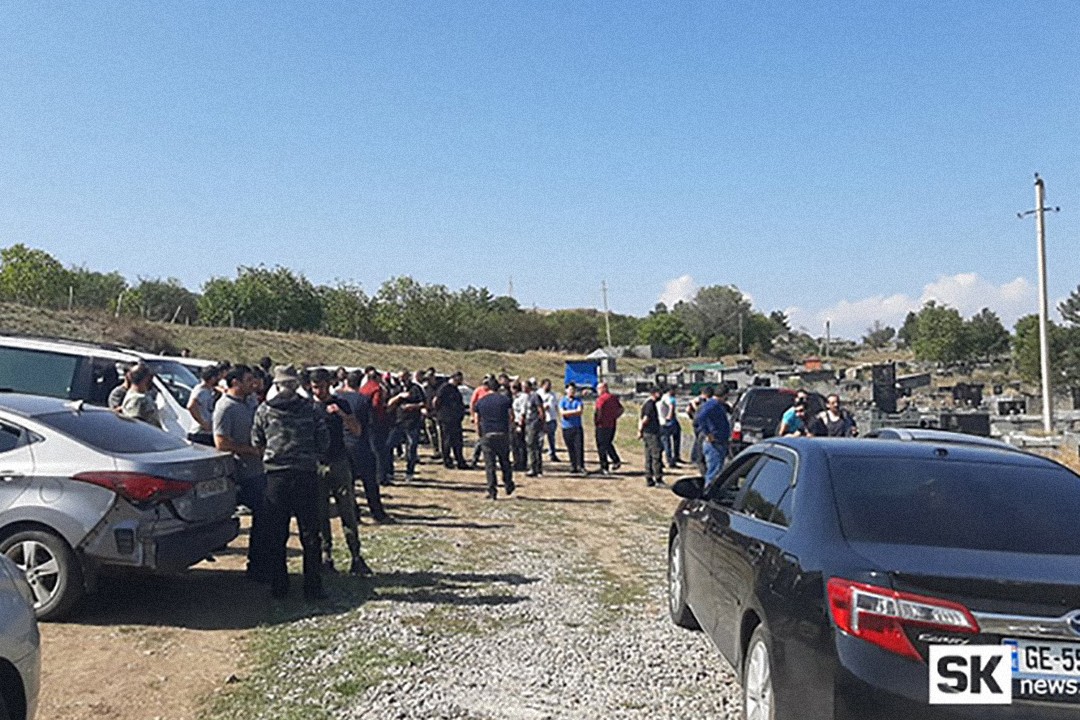
The renewed hostilities in Nagorno-Karabakh have received a mixed response from Georgia’s ethnic Armenian and Azerbaijani communities.
On Monday, residents of Ninotsminda and Akhalkalaki, in Southern Georgia, confronted border police who were attempting to stop them from sending a convoy of aid to Armenia.
The supplies included medicines, clothes, food, tires, and other essentials.
[Read our live updates from the conflict]
After several hours, police allowed lorries with food and clothes to cross the border but did not allow the lorries with tires to cross the Ninotsminda-Bavra checkpoint.
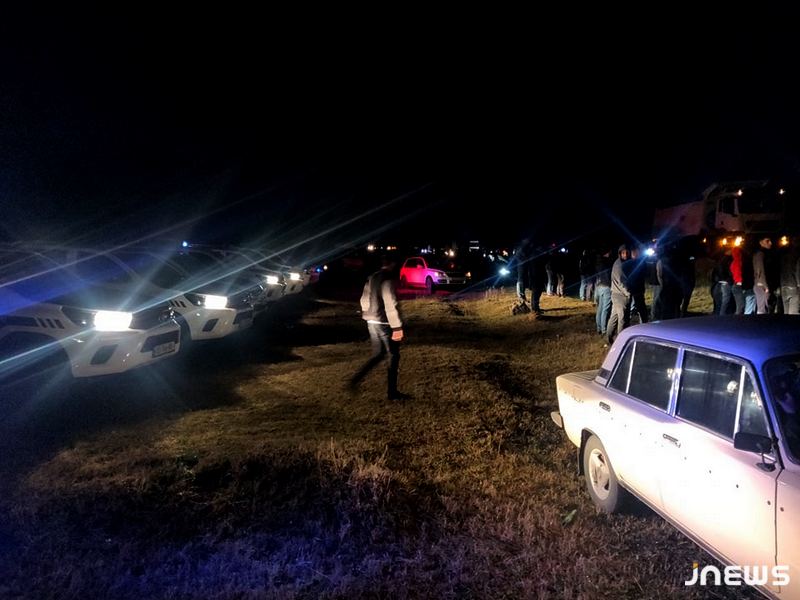
‘People in Ninotsminda and Akhalkalaki gathered tires, medicines, vegetables, and essentials and we want to take them to Armenia’, Samkhretis Karibche, an Akhaltsikhe-based news site quoted one local resident as saying.
‘There is war there and our brothers need our help. Those who had two pairs of pants brought the second one to send to Armenia. Their relatives and friends are fighting just about 10 kilometres from the border.’
Jnews, another Javakheti-based news site, reported that police told protesters they needed permission to take the tires to Armenia.
Radio Nor, based in Ninotsminda, reported on Monday that young people had gathered in Akhalkalaki to register as volunteers for the war.
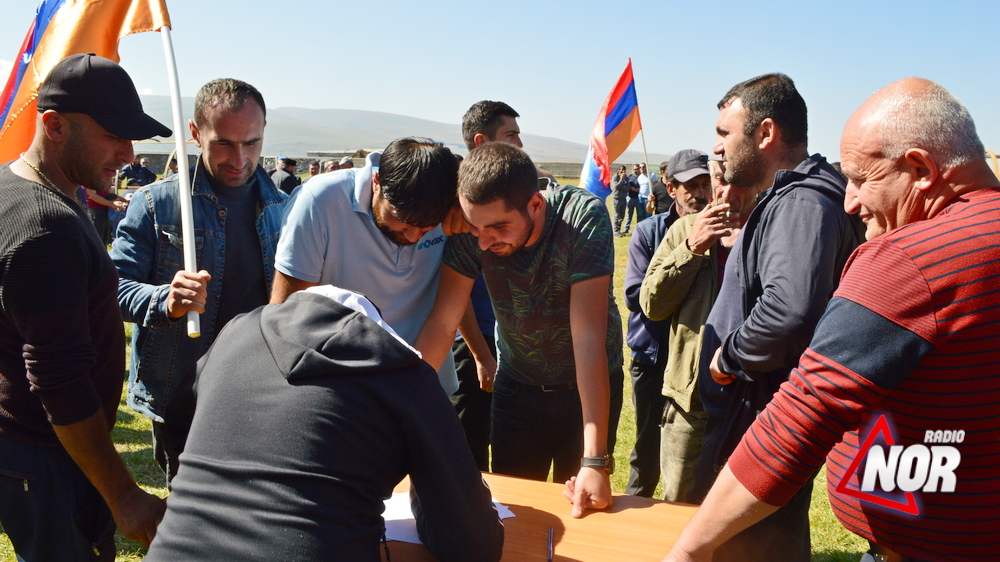
Later that day, Georgian Dream MP Enzel Mkoyan advised ethnic Armenians in Javakheti against this, claiming the ‘defence of Artsakh [Nagorno-Karabakh]’ was in ‘good hands’.
Earlier that day, there was a rally in Akhalkalaki against the war.
‘We, the Armenians of Samtskhe-Javakheti, have gathered here to say “no to war”, considering what is happening at the Armenia-Azerbaijan border. We are always together with Armenia and support them’, Samkhretis Karibche quoted one of the participants as saying.
Also on Monday, around a dozen people held a demonstration in Tbilisi in support of Azerbaijan, marching to the Azerbaijani Embassy.
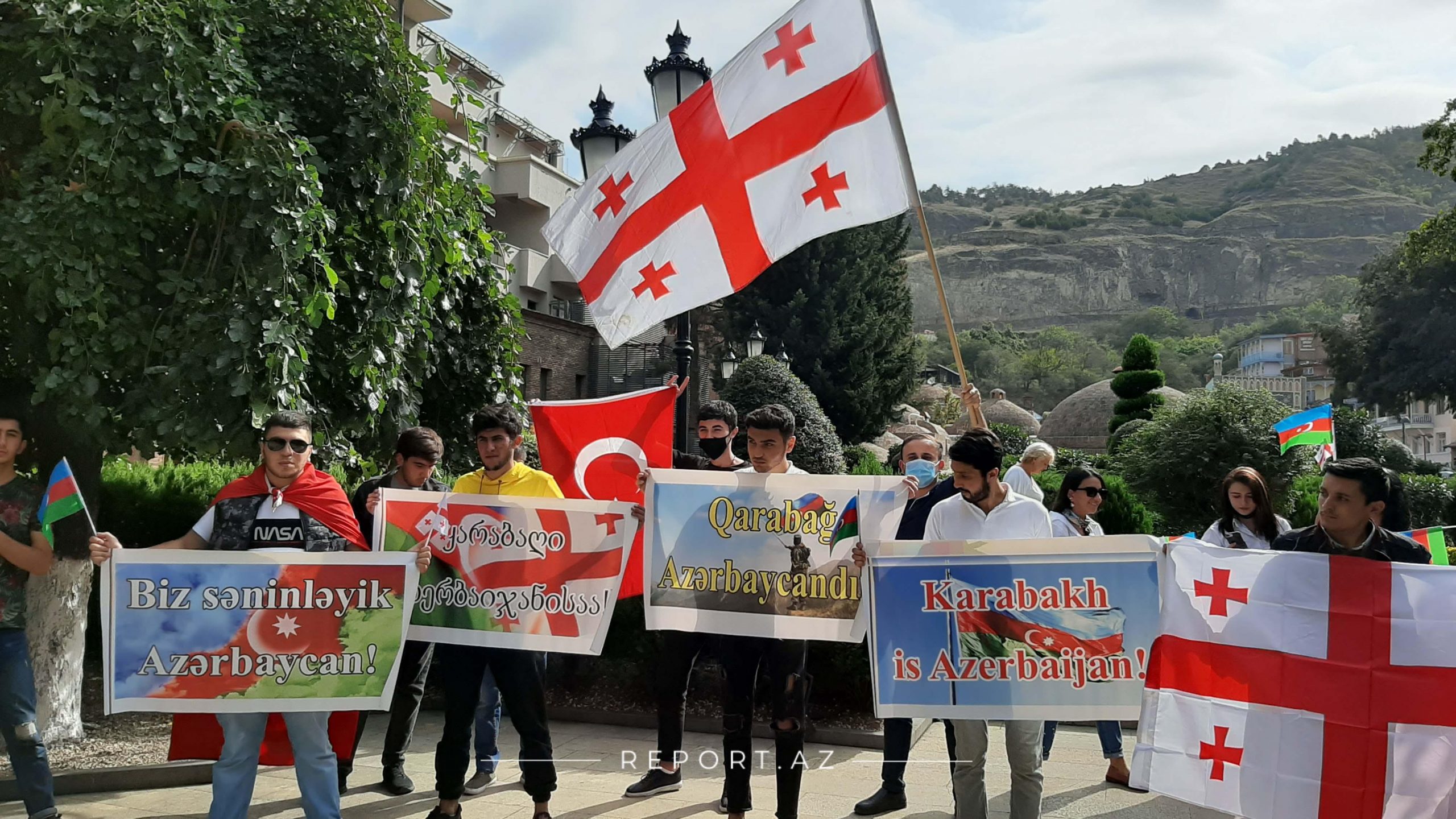
Demonstrators held Azerbaijani and Turkish flags and posters stating ‘Karabakh is Azerbaijan’, ‘End the Armenian occupation’, and ‘We are with you, Azerbaijan’.
On Tuesday another demonstration of Azerbaijanis living in Georgia took place in Tbilisi in support of the Azerbaijani Army. Demonstrators again marched from Heydar Aliyev park to the Embassy of Azerbaijan in Georgia. A spokesperson for the Embassy came out and thanked them for their support.
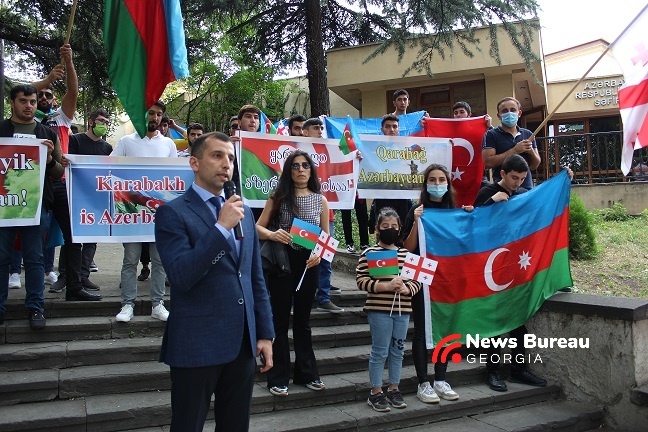
Politicians choose sides
Since the outbreak of renewed hostilities between Armenia and Azerbaijan, a number of politicians in Georgia with Armenian and Azerbaijani backgrounds have voiced strong support to one of the sides.
On Sunday, Ruslan Gajiev, a local Georgia Dream MP, hailed Azerbaijan’s military advances, according to Radio Marneuli. He also reportedly compared the dispute over Nagorno-Karabakh with the situation in Abkhazia and South Ossetia.
OC Media has reached out to Gajiev for comment.
Azer Suleymanov, an ethnic-Azerbaijani MP from the opposition United National Movement (UNM), also hailed Azerbaijan’s recent military actions on Monday.
In an address to Azerbaijani President Ilham Aliyev on Facebook, Suleymanov wrote that ‘they’ were ‘ready for any call for the sake of the territorial integrity of our national state named Azerbaijan and our great motherland named Georgia’.
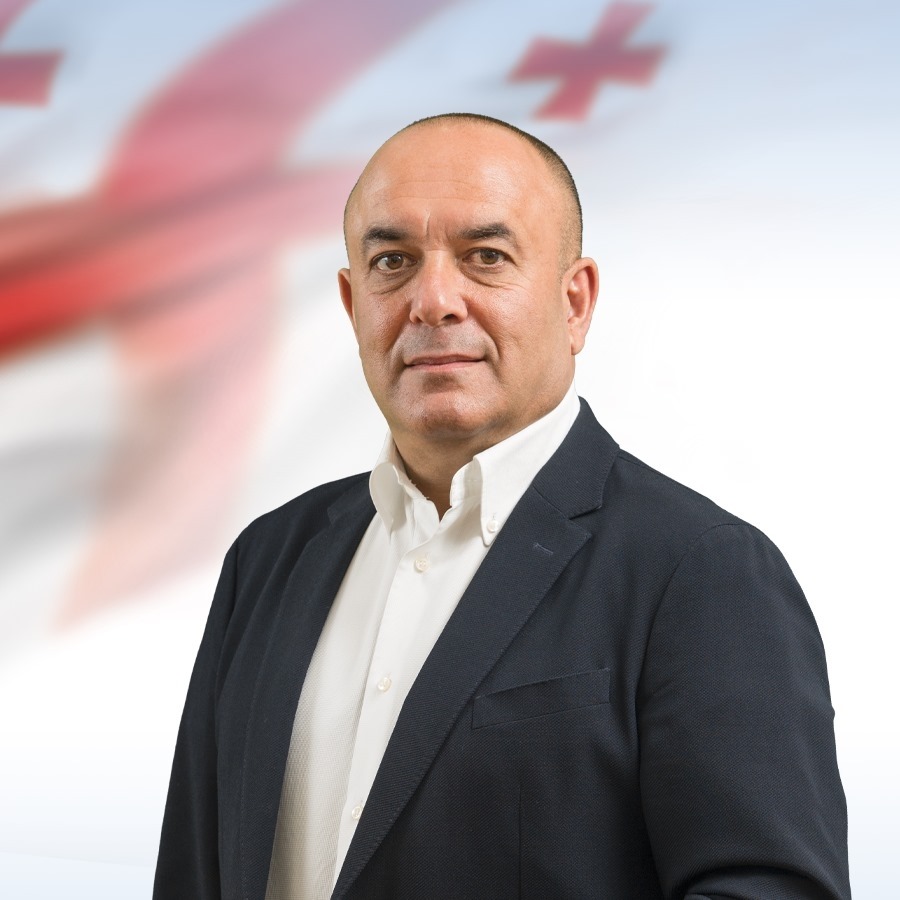
On Tuesday, Melik Raisyan, who is running as an MP for the UNM in the Akhalkalaki and Ninotsminda electoral district and Arsen Karapetyan, his rival from the same locality representing European Georgia, expressed strong support to the Armenian side.
Raisyan, according to Jnews, thanked the Armenian armed forces for their ‘heroic fight’, adding that ‘those in Armenia and Artsakh should know that we are ready to help not only with words or materially, but if needed, to take up arms and fight against misanthropic tribes’.
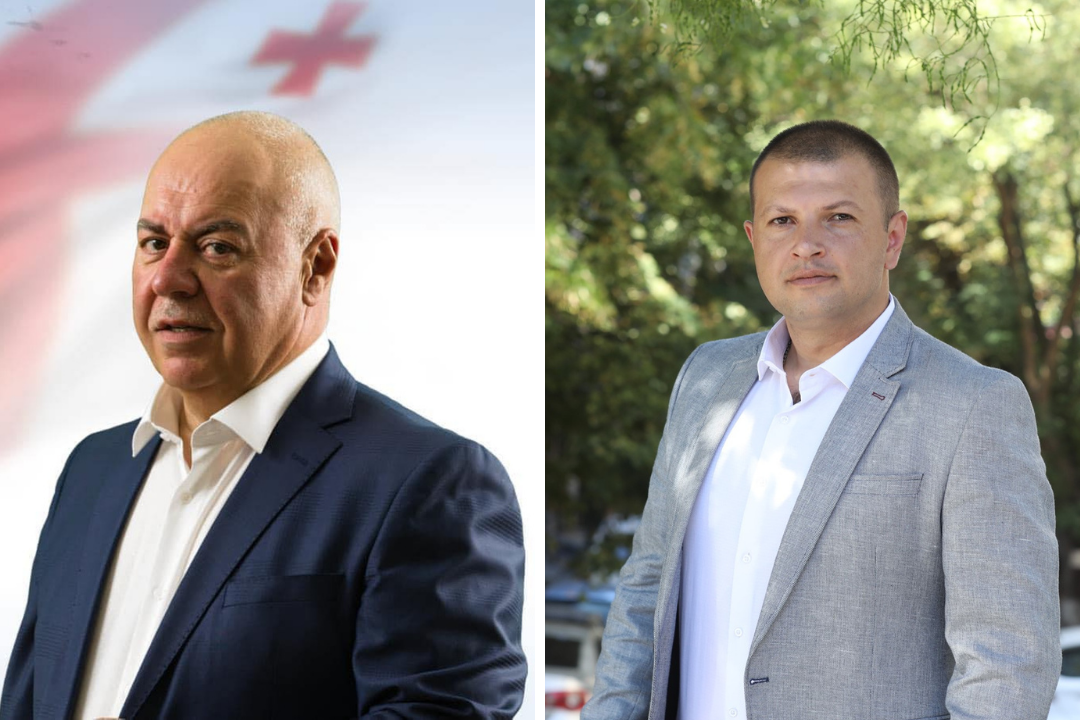
‘As Armenian citizens of Georgia, we are in full solidarity with Artsakh and Armenia and are ready to provide any possible or impossible help’, European Georgia’s Arsen Karapetyan wrote on Facebook.
Some Georgians expressed concern and disapproval on Facebook over Georgian nationals ‘choosing sides’ along ethnic lines.
Fifth Georgian President Mikheil Saakashvili, who on 28 September insisted Nagorno-Karabakh was the ‘sovereign territory of the Republic of Azerbaijan’, also faced criticism.
For ease of reading, we choose not to use qualifiers such as ‘de facto’, ‘unrecognised’, or ‘partially recognised’ when discussing institutions or political positions within Abkhazia, Nagorno-Karabakh, and South Ossetia. This does not imply a position on their status.









